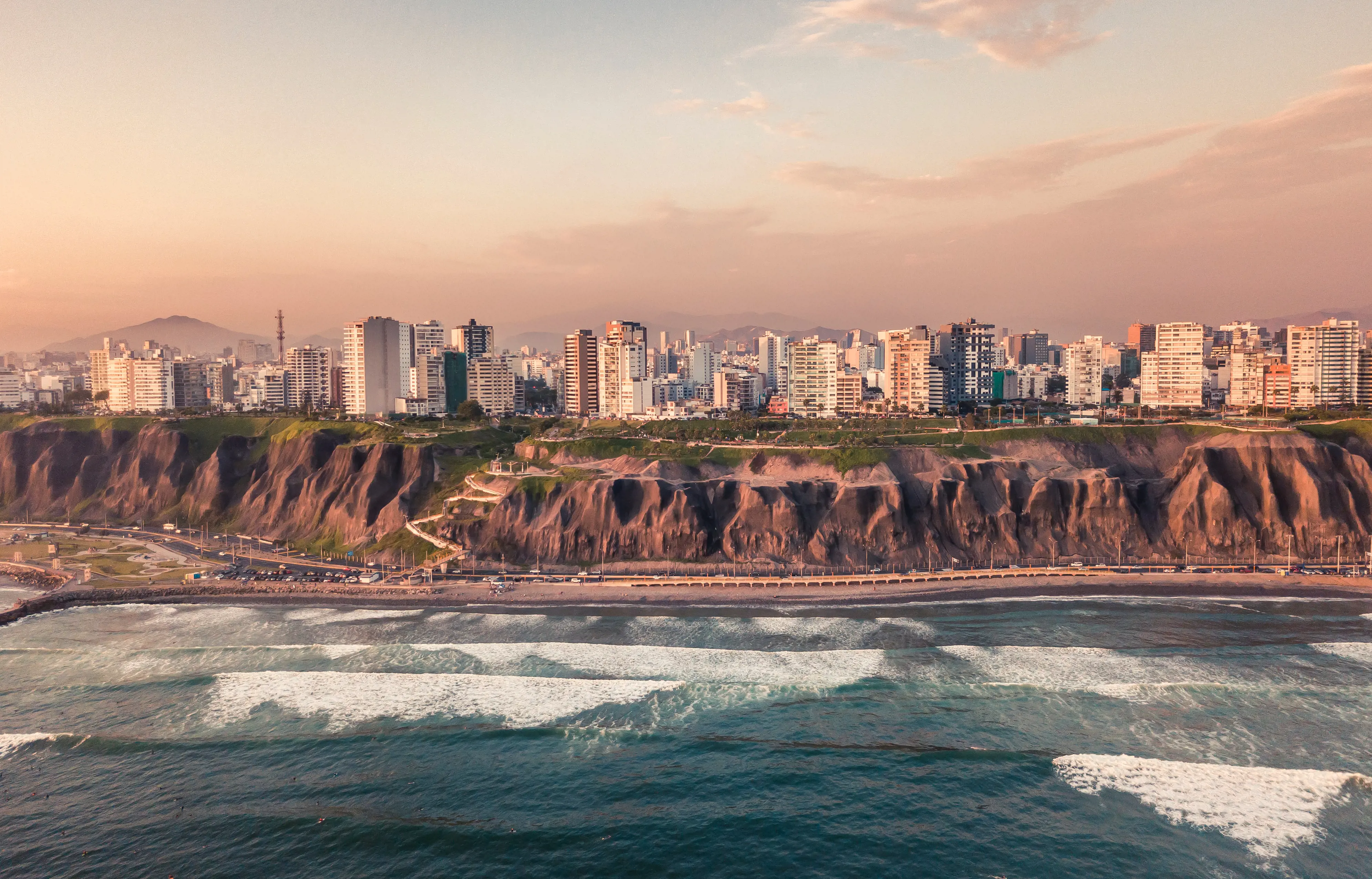
- REGULATION & COMPLIANCE

In a continuation of its collaborative data project with iGB Affiliate, the Sweden-based affiliate reveals how the Peruvian gambling market has changed over 12 months. With new gambling regulations set to kick in February 2024, Leadstar’s data provides a snapshot into the market ahead of any expected impacts.
Leadstar’s data shows how the change in search volume across its partner operators from May 2022 to May 2023. Leading the risers, Olimpo.bet saw a 400% increase, while LeoVegas rose 50% in the same period.
Other increases occurred for Te apuesto and Apuesta total who both scored an 86.36% uplift in their search traffic on Leadstar’s principal site in the market, Miscasasdeapuestas.com/pe.
Betsson, who is DeepCI’s October market leader with 16.7%, saw no search traffic change on Leadstar’s Peruvian brand.
Several operators did, however, suffer decreases in the 12 months, notably Betway with a 70% drop, Inkabet with 31.42% and Solbet with a 32.73% fall.
The biggest winner in search traffic was Betano, which saw a 3,778% rise, while Leadstar’s biggest average monthly search volume came from local operator Apuesta Total.
One of the affiliate’s broadest categories of searchable key terms featured “en vivo”, meaning ‘live’ in the context of in-play sports betting. The most popular traffic-driving terms within this category include operator names.
Of Leadstar’s operators, “Betano en vivo” also had the highest rise with 9900% but started from a lower base than others. Whereas “Apuesta total en vivo” saw a 279% increase closely followed by “Doradobet en vivo” with a 227% rise.
“Inkabet en vivo” was only one of two terms analysed by Leadstar which declined, falling in search popularity by 15.8% from 1,900 to 1,600 searches. The other, “Solbet en vivo”, dropped by 52% in its search volume down to 480 searches.
“Bet365 en vivo” also saw a rise, with the term growing 249% from May 2022 to May 2023.
In terms of other key term searches to change in the Peru market on Leadstar’s site, “Apuestas eSports” saw a rise of 85.7%, “apuestas en vivo” with 50% and “casas de apuestas”, meaning bookmakers, with 28%.
“Casino online” saw no change in its search volume, while “Bonos de bienvenida”, meaning welcome bonuses, grew by 23% on Leadstar’s Peruvian affiliate site.
In terms of total market change, Leadstar revealed that for impressions it grew in the 12 months by 1,921.2% and for clicks by 1,387.8%.
Back in October, Peru’s Ministry of Foreign Trade and Tourism (Mincetur) approved a set of sports betting and igaming regulations. The law was signed by the previous president Pedro Castillo in August 2022 but faced some criticism from industry trade bodies.
The regulations will go into effect on 9 February 2024 and active operators in the market will have a month to apply from 10 February to 10 March 2024. Failure to apply for a licence could lead to fines or criminal prosecution as well as barring operators from offering gaming products.
On some of the biggest regulation rules, Stefania Durango, site manager for Leadstar’s Miscasasdeapuestas.com/pe provides her verdict on how each is likely to impact the market going forward.
Articles 7 and 26 of the law stipulate that operators will be required to use the “.pe” domain for their websites.
Yet, Durango believes that the change is not expected to have a large impact. She believes the requirement will “limit the availability of services to a specific jurisdiction.”
Another change in the law is the establishment of a single 12% for all income from online gaming and sports betting conducted on digital platforms with a .pe domain. Whereas before this tax only applied to national Peruvian operators.
This is a change that will have a “substantial impact” on the tax revenue in Peru according to the site manager, but the effect on the industry itself is unclear, she adds.
“It can potentially limit the competition among operators where the larger players may have more financial capacity to meet these higher tax requirements compared to smaller operators.”
In another article of the law, the cost of licenses has been raised from a previous version which set it at approximately Sol 990,000 ($261,000/£208,000/€239,000). But the law will now charge operators either 3% of net income or Sol 2.97m.
“This change could have a profound impact on the industry,” said Durango. “Potentially restricting competition to larger operators, including international ones, who can afford these increased licensing costs.”
Mincetur is also introducing a limitation on sponsorship that will only allow licensed operators to engage in sponsorship activities.
“While notable investments in this area have been made by companies like Betsson, the overall impact on this front is expected to be minimal,” said the site manager. “However, this change may potentially encourage more sponsorships from operators who successfully obtain the necessary licence.”
Yet as Durango insists, the full impact of these changes to betting in Peru is unlikely to be seen until the law goes into effect in February 2024.